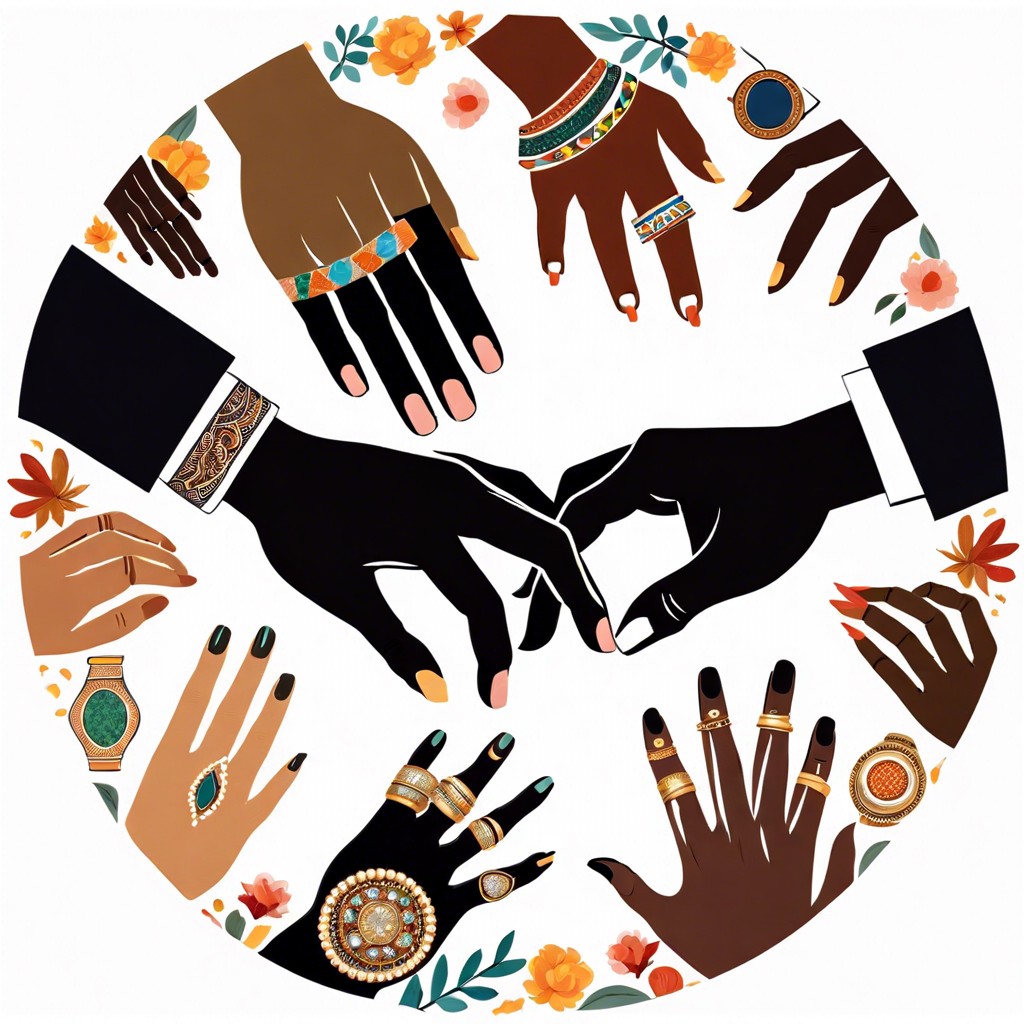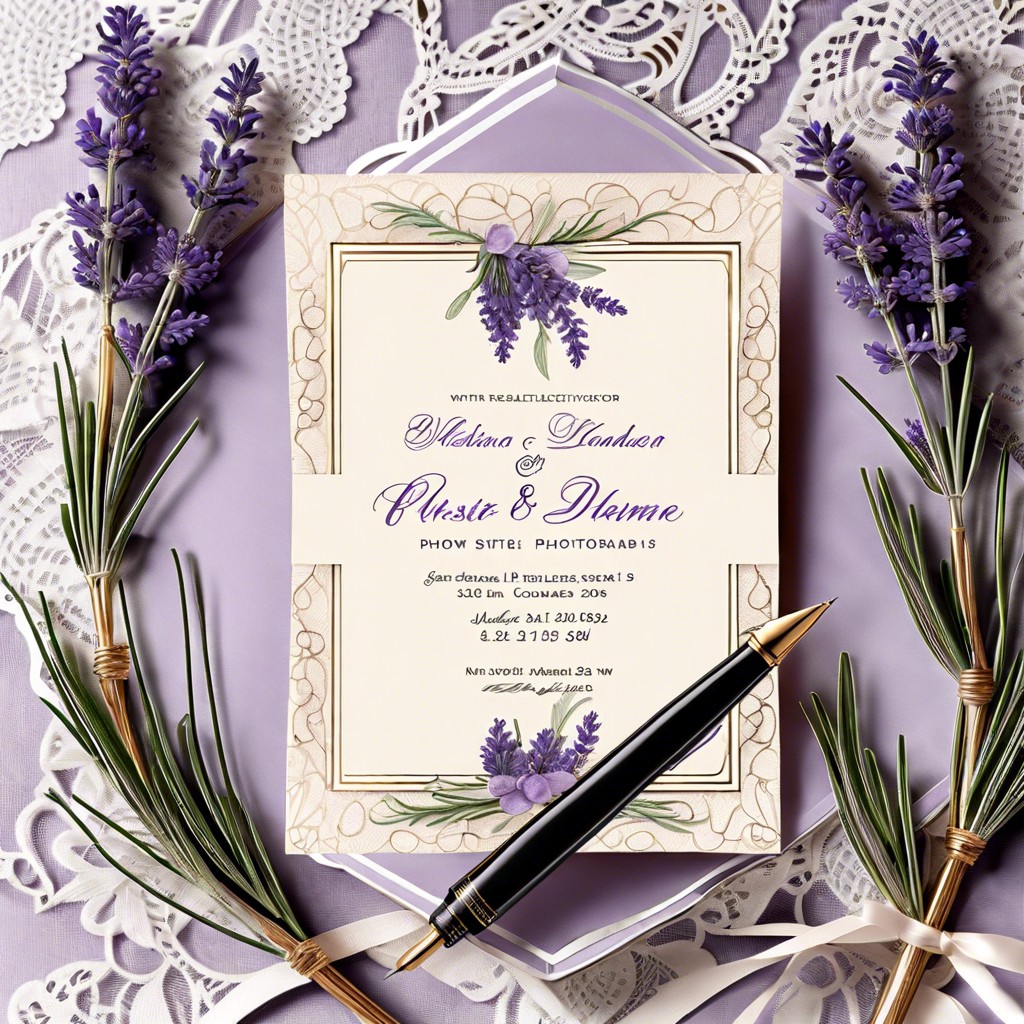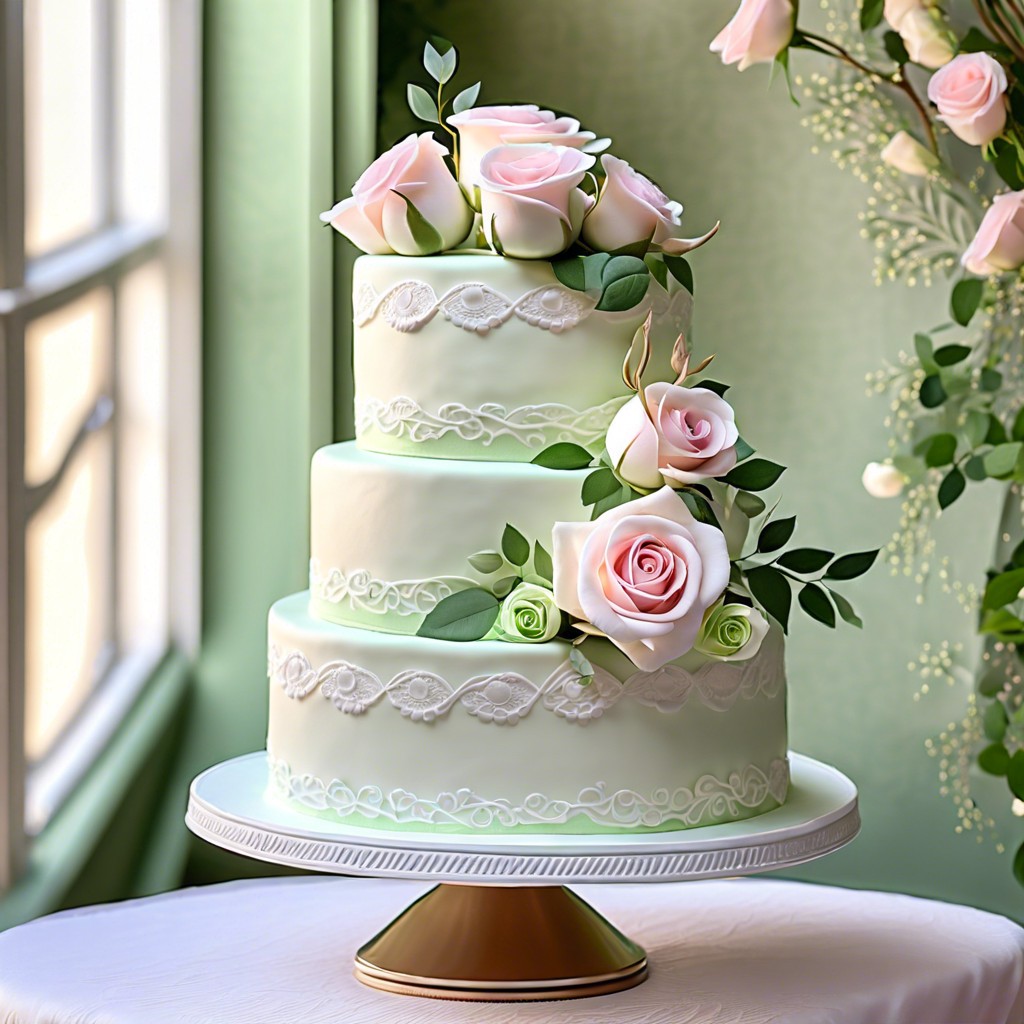Navigating wedding gift etiquette can be tricky, but this guide simplifies how much to give at a wedding based on various factors. When determining how much to give at a wedding, consider your relationship with the newlyweds, your budget, and regional customs. A close family member or friend might give more than an acquaintance. It’s not uncommon for individuals to gift between $75 and $200, but always stay within what you can afford. Additionally, if you’re attending a wedding in an area where the cost of living is high, it might be customary to give a larger gift. It is also perfectly acceptable to give a physical gift valued at what you would have spent in cash. Group gifts can be a great option if you want to give something substantial but have budget constraints. Pooling resources with other guests to purchase a larger, more memorable gift can be both impactful and economical. Remember, the focus should be on celebrating the couple’s special day, not on the price tag of your gift. Celebrations can vary widely in their expectations, and the most thoughtful gifts are often considered priceless regardless of their market value.
Key takeaways:
- Consider your relationship to the bride and groom for gift amount.
- Factor in travel and accommodation costs to determine budget.
- Understand cultural or regional expectations for gift-giving traditions.
- Check for suggested donation amounts or honeymoon funds.
- Reflect on what you can realistically afford without going into debt.
Consider Your Relationship to the Bride and Groom

The closer you are to the couple, typically, the more you might choose to give. Immediate family members often offer a more substantial sum than distant relatives or casual friends due to their close bond.
For example, parents of the bride or groom might give a larger gift to help cover the cost of the wedding or as a gesture of their love and support. Siblings and best friends sometimes follow suit with generous gifts, reflecting their integral role in the couple’s lives.
On the other hand, if you’re a co-worker or a newer acquaintance, it is perfectly acceptable to give a smaller gift. No matter your connection, it’s important to ensure your gift is heartfelt and within your personal budget—your presence at the celebration is itself a valuable gift.
Factor in Your Travel and Accommodation Costs
Attending a wedding often involves more than just the gift. When budgeting for the occasion, consider the costs of getting there and where you’ll stay. These expenses can add up quickly, especially if the event is out of town or at a destination wedding venue. To ensure you’re giving within your means, here’s how to factor in those additional expenses:
- Tally up your travel costs, including flights or gas if you’re driving, and car rental if necessary.
- Add the cost of your accommodation, be it a hotel stay or a short-term rental.
- Consider any extra expenses, like dining out or attire for the event that may not already be in your closet.
- Once you have an estimated total, subtract this from your overall wedding budget to determine how much you can comfortably give as a gift.
Remember, the couple will appreciate your presence more than the price tag on your offering. It’s perfectly acceptable for your gift to reflect any significant expenses you’ve incurred to celebrate with them.
Understand the Couple’s Cultural or Regional Expectations
Cultural and regional norms often dictate wedding gift-giving traditions. In some cultures, monetary gifts are wrapped in specific colors symbolizing good fortune and prosperity. For example, red envelopes are common at Chinese weddings. In contrast, Western cultures might not have a specific color or form but do appreciate a check in a thoughtful card.
While attending an Italian or Greek wedding could see you participating in the ‘money dance,’ where guests pin cash to the couple’s attire. In Polish tradition, there’s a similar practice called the ‘dollar dance.’ It’s prudent to inquire discreetly or do a little research about any unique customs associated with the wedding you’ll be attending.
Remember that in certain areas, contributing to a couple’s ‘wishing well‘ or money tree at the reception is standard. This practice offers a more discrete way to give, with cards and notes often accompanying the contribution.
In some instances, the couple might suggest a ‘no gifts’ policy, preferring donations to a chosen charity or simply your presence instead. It pays to respect such requests and honor the couple’s wishes.
Check If There’s a Suggested Donation Amount
Some couples opt for a ‘honeymoon fund‘ or a specific cause they’re passionate about instead of traditional gifts. This fund often has guidelines for contributions, making it easier for guests to decide on an amount. If an ‘in lieu of gifts’ preference is mentioned with a specific organization, investigate the typical donation range to give you a ballpark figure.
Other times, the wedding invitation or couple’s wedding website might suggest a cash gift amount to ensure uniformity. Adhering to this suggestion simplifies the process, aligns with the couple’s expectations, and assures you that your contribution is both appropriate and appreciated.
Remember, if the suggested amount feels too steep, it’s acceptable to give what you can. The importance lies in the gesture of giving, signifying your support and appreciation for their union. After all, your presence at their marriage celebration is a gift in itself.
Reflect On What You Can Realistically Afford Without Going Into Debt
Acknowledging your financial health is critical when deciding how much to gift. Overspending to impress or out of a sense of obligation may lead to financial strain post-wedding. Always align your gift with your current budget.
Here’s how you can approach this:
- Assess your expenses: Look at your monthly bills and obligations. Your gift should not disrupt your ability to meet these essential costs.
- Avoid debt temptation: If you’re considering borrowing to afford a gift, step back. No gift is worth the stress of debt.
- Save ahead of time: If the wedding is several months away, consider setting aside a small amount of money each month until the event.
- Remember other gifts: You might be attending multiple events, like showers and engagement parties, which also require gifts. Factor these into your total budget.
- Be honest with yourself: If budgets are tight, remember that your presence and heartfelt wishes are equally valuable.
Choosing a gift within your means signifies good judgment and respect for your financial wellbeing.



